Gut dysbiosis is a condition characterized by an imbalance of microorganisms in the digestive tract, where harmful bacteria, fungi, or viruses outnumber the beneficial ones. This disruption can lead to digestive problems, weakened immunity, and increased inflammation throughout the body. If left untreated, dysbiosis can contribute to a range of health issues, from gut discomfort to chronic conditions.
In this article, we'll explore the causes and symptoms of gut dysbiosis, and provide practical steps and treatments to restore balance to your gut microbiome.

Dysbiosis occurs when the fine balance of healthy microorganisms in the gut is disrupted, leading to reduced diversity and an overgrowth of one type of bacteria, fungus, or virus. A healthy microbiome is made up of diverse communities of these microorganisms and balanced bacterial colonies in the gastrointestinal (GI) tract support many essential bodily functions.
Research shows that dysbiosis in the gut impacts your overall health and wellbeing, potentially contributing to mood disorders, inflammation, and an increased risk of conditions such as obesity, cancer, and autism.
Diverse internal and external stimuli can trigger dysbiosis. The following factors can harm your digestive system and gut microbiota:
Note: Learn how to lower cortisol levels naturally and improve your gut health.
Dysbiosis can provoke or worsen the following gastrointestinal problems:
A dysregulated gut microbiome also affects the endocrine, immune, and nervous system. The gut-brain connection is complex and bidirectional. Therefore, any digestive issue can directly impact the brain, leading to mood swings, anxiety, and depression.
Healthcare providers use various lab tests to diagnose infections caused by dysbiosis. After identifying all the factors affecting your microbiome, the doctor will recommend a gut-strengthening treatment.
This test evaluates the levels and diversity of bacteria, fungi, and other microorganisms in your stool. It helps identify imbalances such as bacterial overgrowth, the presence of harmful pathogens, inflammation markers, and issues with digestive enzyme function. The test typically looks for beneficial bacteria like Lactobacillus and Bifidobacterium while assessing for potentially harmful organisms, yeast, and parasites.
For gut dysbiosis, a breath test can sometimes reveal the types of bacteria dominating the gut. Your doctor will ask you to drink a sugar solution and exhale into a special balloon. Abnormal levels of certain gases can suggest a bacterial imbalance. HBT is commonly used to diagnose small intestinal bacterial overgrowth (SIBO).
This urine-based test looks for organic acids, which are byproducts of microbial metabolism in the gut. Abnormally high levels of certain organic acids, like D-lactate or arabinose, can indicate an overgrowth of bacteria or yeast. The OAT test helps detect microbial imbalances that may contribute to symptoms like fatigue, brain fog, or gastrointestinal distress.
These tests, which can involve blood or stool samples, measure immune responses (IgG or IgA antibodies) to specific foods. Food sensitivities may arise from gut dysbiosis, as an imbalanced microbiome can impair the gut barrier and immune function. These tests can help pinpoint foods that are triggering inflammatory responses, often associated with gut imbalances.
This test assesses the integrity of the gut lining by measuring how well two non-metabolizable sugars, lactulose and mannitol, are absorbed. Increased intestinal permeability, often called "leaky gut," can occur when dysbiosis damages the gut lining, allowing larger molecules to pass through and trigger immune reactions.
Blood tests that measure levels of inflammation markers, such as C-reactive protein (CRP), can provide indirect evidence of gut dysbiosis. Chronic gut imbalances often contribute to systemic inflammation, which can manifest in various health issues. Elevated inflammation markers in blood tests can signal that dysbiosis is causing or exacerbating inflammatory responses in the body.
Dysbiosis treatment depends on the cause and the underlying medical condition that may require medication. Patients triggered by environmental factors need to modify their lifestyle to help restore balance.
The following list includes the most effective treatments for dysbiosis.
A diverse, fiber-rich diet packed with essential nutrients can strengthen your gut flora and recover microbial balance. The following dietary guidelines can help you get started:
Note: Read about 10 immune-boosting vitamins that can help you improve overall health.
Gut-supporting supplements are specifically designed to aid digestion and encourage microbial diversity. They contain cultures of specific bacteria that keep your microbiota healthy and thriving.
Always consult a healthcare provider before trying a new supplement to ensure safety and suitability for your health concern.
Vibrant Vitality Clinic experts recommend the following gut-enhancing supplements:
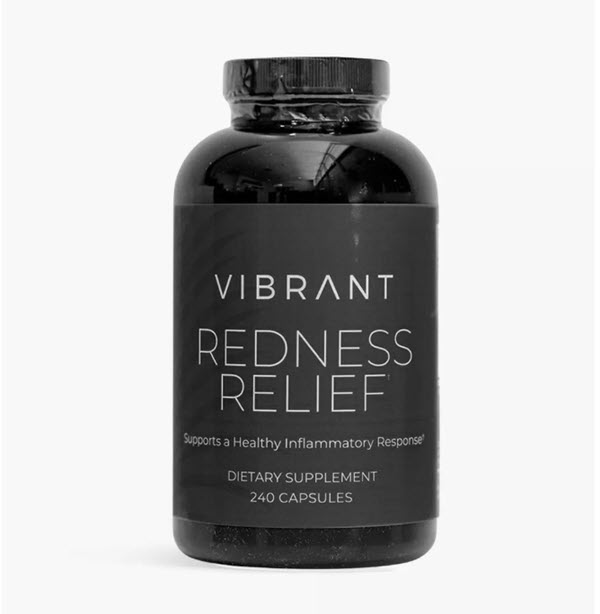
It modulates the inflammatory response to support the natural clearance of proteins, encourages lymphatic drainage, and protects against oxidative stress. It is particularly effective in treating leaky gut and seasonal allergies.
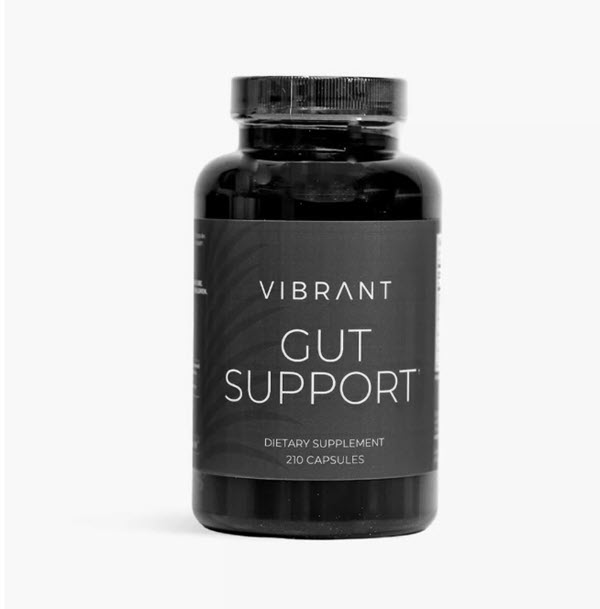
This gut-boosting supplement protects the gut lining for optimal permeability and integrity, preventing toxins, allergens, and microbes from entering the bloodstream and enhancing nutrient absorption.
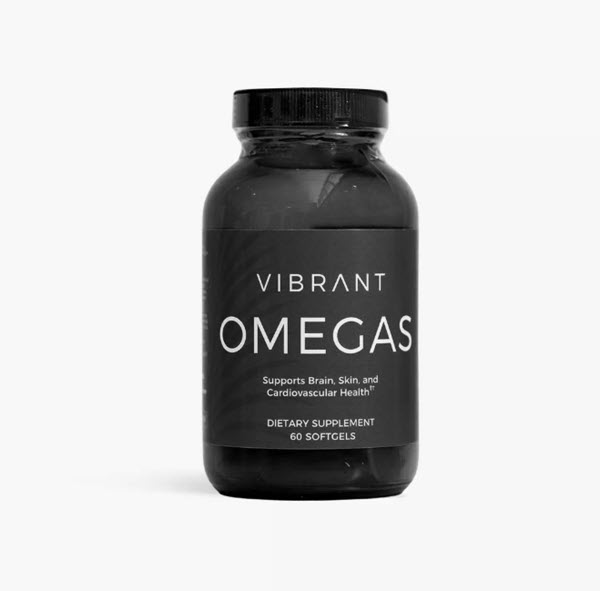
This dietary supplement helps support the brain, skin, and cardiovascular health. It reduces gastrointestinal inflammation and hydrates skin by supporting its lipid membrane.
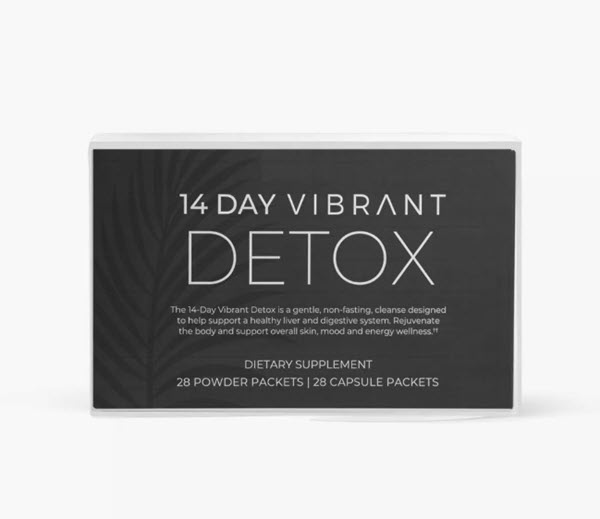
This dairy-free food powder contains nutrients, antioxidants, such as vitamins A and C, herbs, fiber, and fruit and vegetable extracts that promote detoxification and help the body expel xenobiotics, pollutants, and remnants of pharmaceutical drugs, excess hormones, and metabolic byproducts.
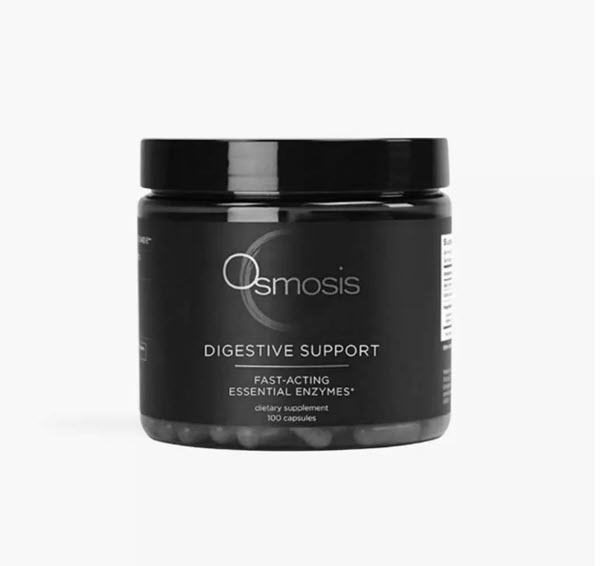
It contains pancreatic enzymes that help break down dairy, fats, proteins, and carbohydrates to enhance nutrient absorption and reduce toxicity for a healthier gut.
Antibiotics, antivirals, and antifungals can target infections and microbial overgrowth. Your doctor may prescribe the following medications to manage the bacteria:
While these treatments reduce harmful microorganisms, they may also impact beneficial ones. Some microbiomes recover naturally, while others may need probiotics, targeted nutrition, or fecal microbiota therapy to help restore their health and diversity.
Most microbiomes naturally recover from dysbiosis in the gut-promoting environment. You can speed up this recovery by making the following lifestyle adjustments:
Without treatment, dysbiosis can take months to heal. However, targeted therapies, medication, and treatments can help relieve symptoms in just a few days.
The treatment’s speed and effectiveness depend on the root cause. Gut dysbiosis triggered by antibiotics may resolve faster with probiotics and dietary adjustments, whereas dysbiosis from a chronic illness may need a more comprehensive treatment plan to restore balance.
Dysbiosis is usually mild and resolves on its own. However, it makes you more vulnerable to infections from internal and external microbes. An unhealthy gut microbiome can lead to chronic conditions and worsen the existing ones if left untreated.
The following health issues may develop if you do not treat dysbiosis:
Note: Learn practical ways to reduce inflammation and improve overall health.
Dysbiosis is typically not contagious. However, intestinal bacteria can be transmitted from one host to another via the fecal-oral route. Additionally, beneficial bacteria can be transferred from mother to child during birth through the vaginal–oral route and breast milk in infancy.
Medical intervention is not always necessary to keep microbial diversity balanced and prevent bacterial overgrowth. You can support gut flora with a healthy diet and lifestyle adjustments. However, understanding the underlying cause is critical to successful recovery and long-term health.
Consult our Vibrant Vitality Clinic experts for more information about gut health and recommended treatments.




4325 E Indian School Rd, Suite 130
Phoenix, AZ 85018
United States
(480) 422-2058
info@vibrantvitalityclinic.com
Monday - Friday: 9:00 am - 6:00 pm
Saturday: 9:00 am - 3:00 pm
Sunday: Closed
